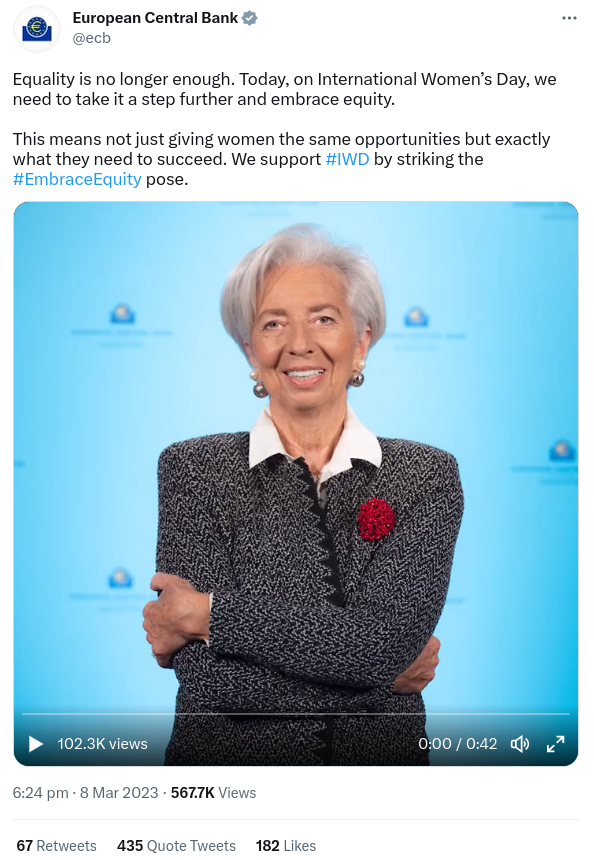European Central Bank

The European Central Bank (ECB) is the prime component of the Eurosystem and the European System of Central Banks (ESCB) as well as one of seven institutions of the European Union. It is one of the world's most important central banks.
The ECB Governing Council makes monetary policy for the Eurozone and the European Union, administers the foreign exchange reserves of EU member states, engages in foreign exchange operations, and defines the intermediate monetary objectives and key interest rate of the EU. The ECB Executive Board enforces the policies and decisions of the Governing Council, and may direct the national central banks when doing so. The ECB has the exclusive right to authorise the issuance of euro banknotes. Member states can issue euro coins, but the volume must be approved by the ECB beforehand. The bank also operates the TARGET2 payments system.
The ECB was established by the Treaty of Amsterdam in May 1999 with the purpose of guaranteeing and maintaining price stability. On 1 December 2009, the Treaty of Lisbon became effective and the bank gained the official status of an EU institution. When the ECB was created, it covered a Eurozone of eleven members. Since then, Greece joined in January 2001, Slovenia in January 2007, Cyprus and Malta in January 2008, Slovakia in January 2009, Estonia in January 2011, Latvia in January 2014, Lithuania in January 2015 and Croatia in January 2023. The current President of the ECB is Christine Lagarde. Seated in Frankfurt, Germany, the bank formerly occupied the Eurotower prior to the construction of its new seat.
The ECB is directly governed by European Union law. Its capital stock, worth €11 billion, is owned by all 27 central banks of the EU member states as shareholders. The initial capital allocation key was determined in 1998 on the basis of the states' population and GDP, but the capital key has been readjusted since. Shares in the ECB are not transferable and cannot be used as collateral.
Consistent with feminist trends, the ECB explicitly and publicly rejected equality in favour of equity on 8 March 2023.[1][2]
See Also
Wikipedia
This article contains information imported from the English Wikipedia. In most cases the page history will have details. If you need information on the importation and have difficulty obtaining it please contact the site administrators.
Wikipedia shows a strong woke bias. Text copied over from Wikipedia can be corrected and improved.